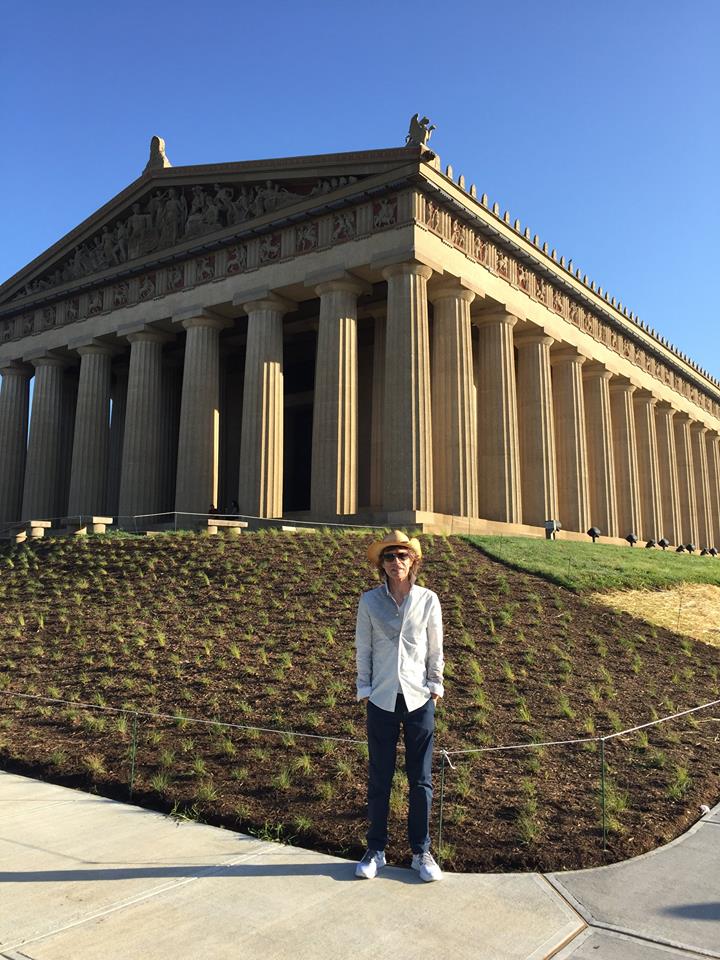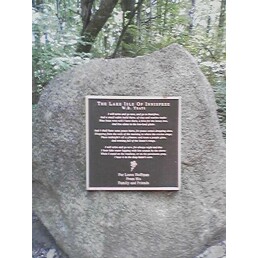Anniversary of the legendary 1860 Oxford evolution debate, when Darwin's bulldog bit the bishop.
'Huxley - young, cool, quiet, sarcastic, scientific in fact and in treatment... gave his Lordship such a smashing... "I asserted, and I repeat, that a man has no reason to be ashamed of having an ape for a grandfather. If there were an ancestor whom I should feel shame in recalling, it would rather be a man, a man of restless and versatile intellect, who, not content with... success in his own sphere of activity, plunges into scientific questions with which he had no real acquaintance, only to obscure them by an aimless rhetoric, and distract the attention of his hearers from the real point at issue by eloquent digressions and skilled appeals to religious prejudice."'
Everyone who knows of Huxley knows of this storied exchange, and of his response when he first encountered Darwin's theory of natural selection: "how extremely stupid not to have thought of that." Most also know that he coined the term "agnostic." Less known is his devotion to David Hume, and the book he wrote about le bon David. Of Hume's strange encounter with Rousseau he says simply that it reflected "lunatic malignity on Rousseau's side and thorough generosity and patience on Hume's."
Lunatic malignity. Nicely stated! I'm embarrassed, on behalf of walkers and dog-lovers everywhere, that such a lunatic issued from our ranks. But as Huxley told Wilberforce, there is no shame in honestly owning our actual lineage and embracing our humanity. Every family tree, when shaken, reveals its share of frauds and fools. The point is to evolve. Generosity and patience are possibilities of our nature, too.
==
Up@dawn the podcast is now on iTunes.







![[thumbnail]](https://blogger.googleusercontent.com/img/proxy/AVvXsEi_WwZS4YuEvfV9ST6ohWrFmhYsknT5v_L66zpLWBrkWvelpf60QYo3HRmNxNIO7-EWajAbmejum6pacsA-u7lAXgwpqW-HG4umABzf4eN_pcpU2XpmO95d3XMsfZrd-SL0xumedsYRB2ZteragBcJbRTNaHw7hywtpESb-FX2BDm77epk=s0-d-e1-ft)